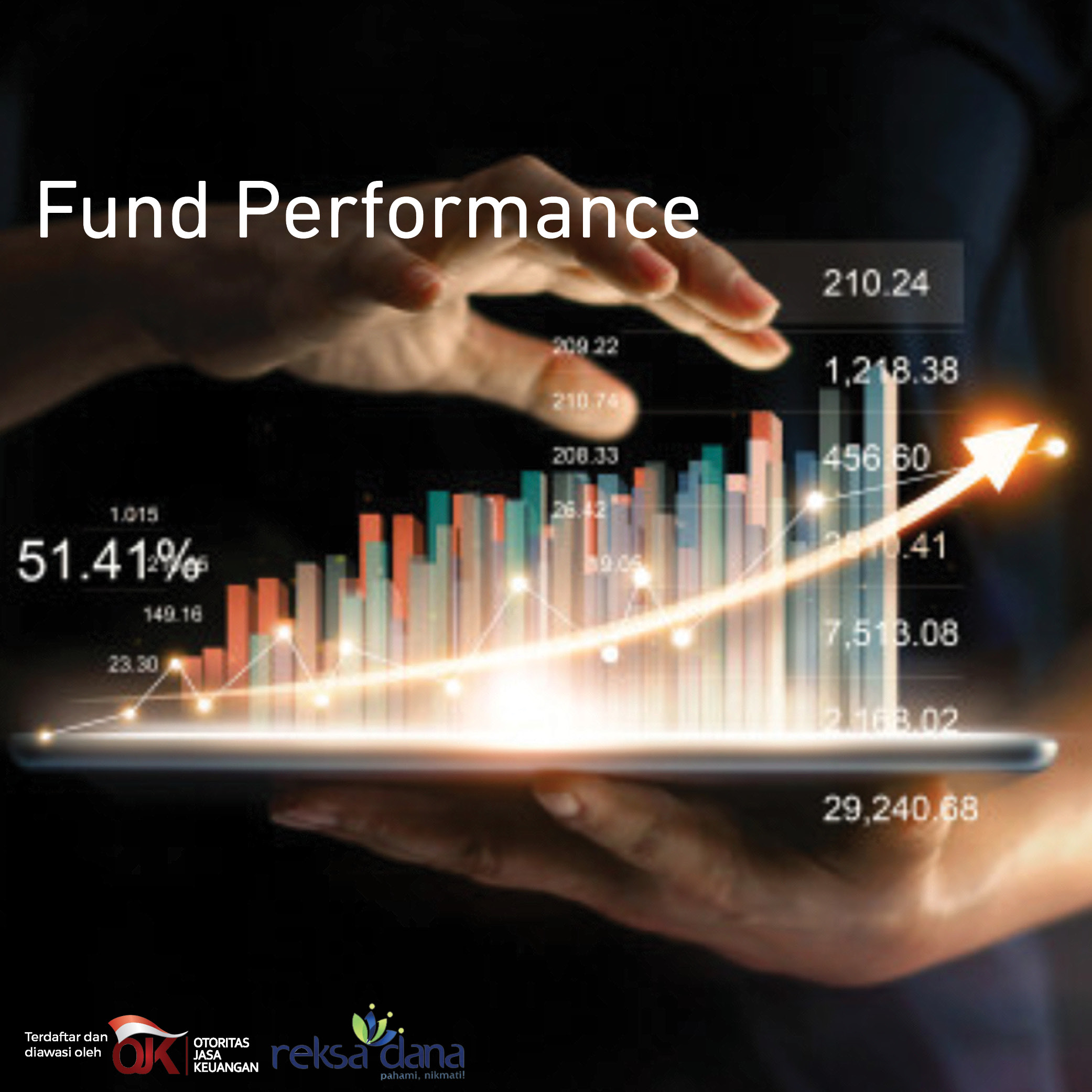Milestone of reforms
Omnibus Law on Job Creation is a now-passed law pushing reforms on numerous regulations to attract investment in order to create more jobs. It amends 73 laws and consists of 15 chapters and 186 articles. There are 11 clusters: (1) permit simplification, (2) investment, (3) labor, (4) ease of doing business, (5) MSME facilitation and protection, (6) research and innovation support, (7) government administration, (8) sanctions, (9) land control, (10) government project facilitation, and (11) special economic zones. As predicted, the law meets massive public outcry due to several controversial matters such as claim on obliterated worker’s right and environmental exploitation. The law is not panacea – a solution or remedy for all difficulties or diseases, but this will be Indonesia milestone of reforms that sparks the government’s willingness to be more competitive than the peers in order to spur the economy by attracting investment.
Major changes
The efforts to be more competitive is reflected through major changes: (1) cutting the red tape on bureaucracies and regulations, (2) tax reform: implementation of territorial tax, tax free on dividend income, as long as they are reinvested within Indonesia, etc., (3) labor reform: potentially lower minimum wage and severance pay, additional working hour, vague status of contract workers, more welcoming foreign workers, etc. (4) one map policy to solve the issue of overlapping land claims and conflicts, (5) simplification of intellectual property process and halal certification, (6) simplification of MSME regulation, (7) relocation of large manufacturing activities within industrial estates, (8) removal of some Negative List of Investment (DNI), (9) acceleration of low-cost homes construction, and (10) creation of Sovereign Wealth Fund (SWF).
Urgency of Omnibus Law
According to World Economic Forum (WEF), Indonesia public sector performance deteriorated in 2019 where previously the score was 56.5 in 2018 then slipped to 54.6 in 2019 as the burden of government regulation increased. As the result, Indonesia rank the public sector performance dropped sharply from 38 in 2018 to 54 in 2019. We believe by having the law, Indonesia can improve the prior aspects and especially the ease of doing business. However, investment is not only the function of regulation but also the other significant variables. The most problematic factors for doing business in Indonesia are (1) corruption, (2) inefficient government bureaucracy and (3) access to financing as stated in Exhibit 2. Thus, the government needs to focus on reforming other impediments alongside with this law because even the best panacea has its own limit.
Rarely discussed: Negative List of Investment
The law amends some provisions in the Indonesian Investment Law including the DNI. In 2016, there were 20 closed business fields to investment, 145 business fields that were conditionally open reserved or for partnership with MSME and cooperatives and 16 business fields that were open under specific conditions. Under Economic Policy Package XVI in 2018, the relaxation on DNI signified, leaving 8 closed business fields to investment. Now under the new law, there are only 6 closed business fields to investment as stated in Exhibit 5. Later, the government is planning to reduce the conditionality and replace DNI with positive investment list (DPI) in the Implementing Regulation to promote priority industries that are open to both foreign and domestic investments.
What to expect
By assessing the 812 pages long law, we see this version is the final one for now without ruling out any changes in the later version, if any. All in all, while we recognize the necessity for reform of Indonesia business law, we have concerns about the downside risks on labor welfare and environmental protection measures affected by the law. Despite of the continuous revisions on the law, we see the law brings positive sentiment to market as it remarks the will of creating the better investment environment. We see Indonesia will garner the result on medium-long run as plenty articles will be regulated further in the Implementing Regulations; Government Regulation (PP), Presidential Regulation (Perpres), Regional Regulation (Perda), etc. where it may take 2 weeks from Oct. 5th until next 3 months to be done.
















